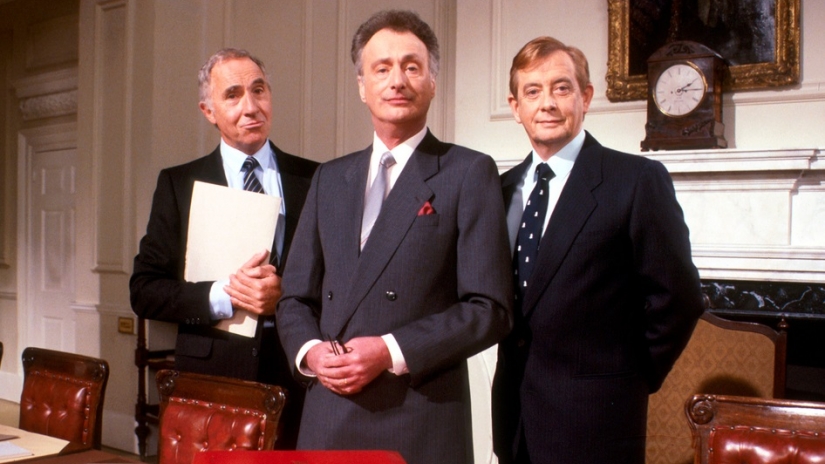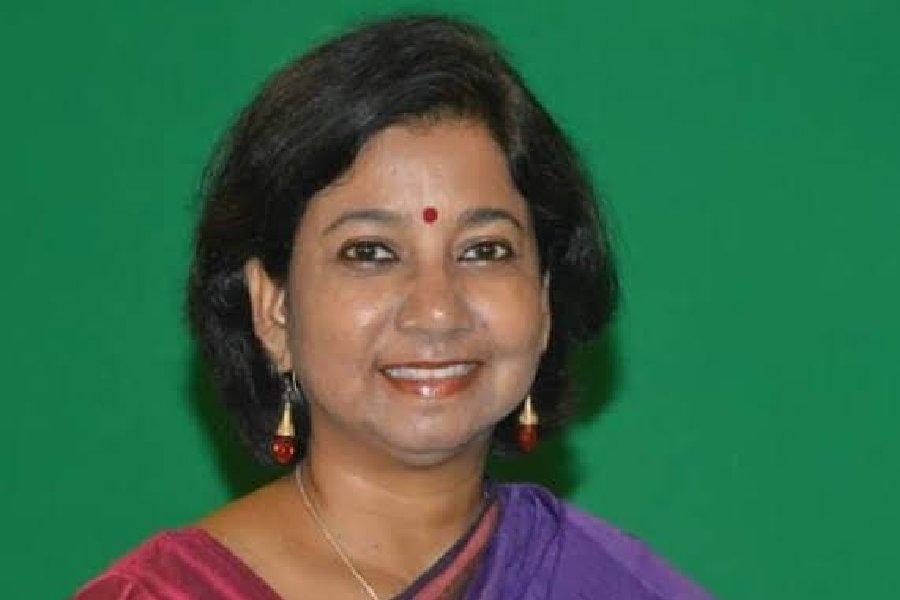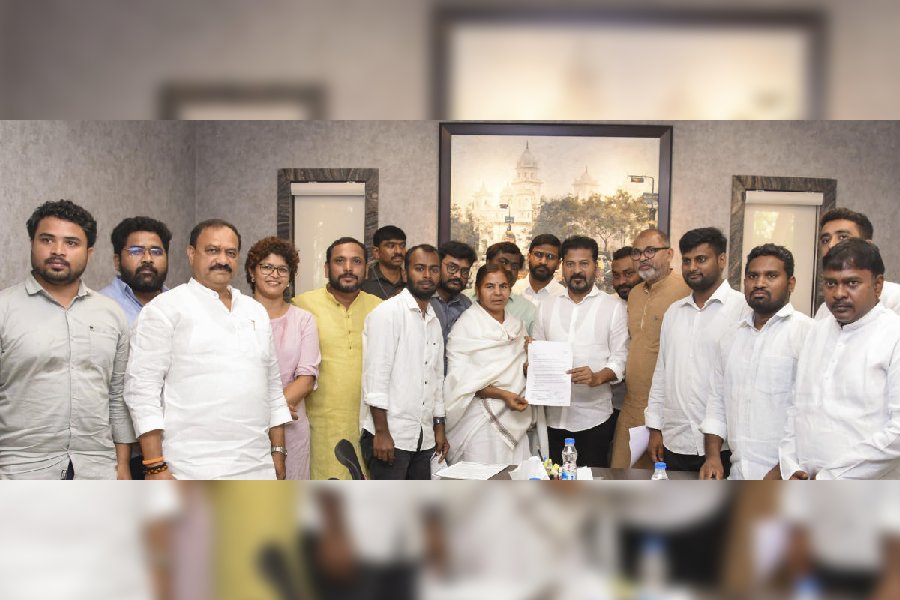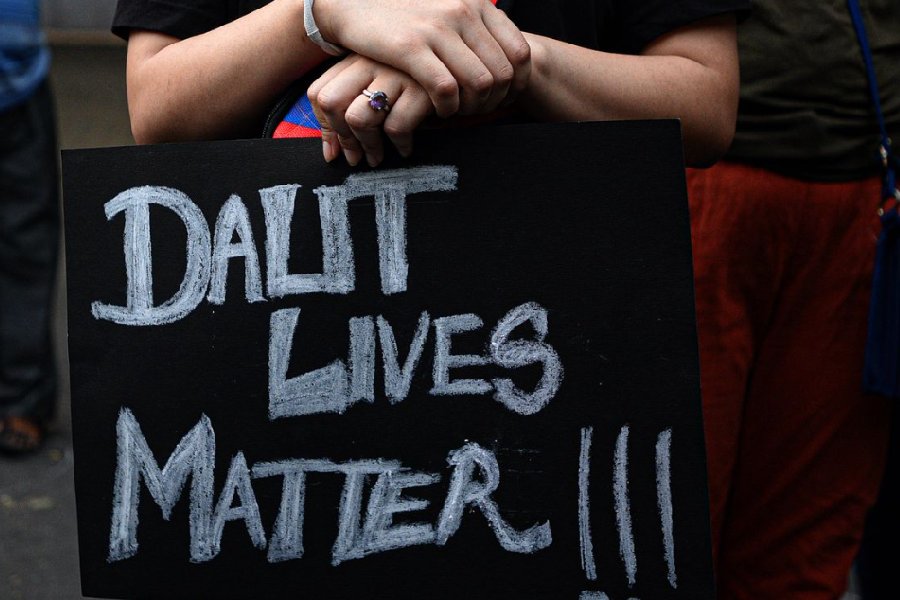I think the first Indian Foreign Service officer to quit the service was Manohar Lal Sondhi of the 1956 batch, if memory serves right. There had been an earlier pull out – an officer with a Bengali or Oriya name – Bandyopadhyaya/Mahapatra? - that I am unable to instantly recall, who, legend had it, had gone into the Praja Socialist Party before dropping, like his party, out of yessight. But my memory tells me he was not IFS but IAS. And then there was an Andhra IAS – his name too escapes me – who was rejected on security grounds for having joined the Communist insurrection in the Srikakulam region, which broke out because Stalin considered India’s independence a bourgeois fraud. Rumour went that he had gone back into the maquis and was not, to the best of my knowledge, heard of again.
So, let us begin with Sondhi. His first posting was to Prague. He was so horrified at the excesses of the Communist regime in Czechoslovakia that he could not stomach being an instrument of a foreign policy that regarded the Soviet Union as a friend and the United States with deep suspicion. He joined the Indian Council of World Affairs, then as now located in New Delhi’s Sapru House, and served as my Director of Studies when my 1963 batch was sent on probation to Sapru House in the summer of 1964. He was not a particularly inspiring teacher but came into his own in the Lok Sabha when he got elected from the New Delhi constituency on a Jan Sangh ticket, defeating H.R. Khanna, the giant of the Partition years, who had rehabilitated thousands of refugees from Pakistan as Nehru’s Minister of Works and Housing. Inder Gujral told me that he was so stunned at Sondhi’s victory that he rushed to discover from Khanna the reasons for his crushing defeat. Khanna returned the immortal reply, “You see, Gujral, I provided housing to thousands but could not provide it to all and so those who did not get a house did not vote for me. And those who did get a house said they had wanted a flat on the ground floor and had got it instead on the first floor – so they voted for my rival!” Sondhi later had a falling out with Atal Behari Vajpayee and in his last days could be seen aimlessly wandering around at places like the India International Centre seeking out a shoulder to weep on. If he had been born a few decades later than he was, he might have flourished in this more right-wing, Trump-is-Tops era. Yet, I wonder: he was never a communalist and perhaps would not have fitted into the Modi dispensation.

Shah Faesal Facebook/Shah Faesal
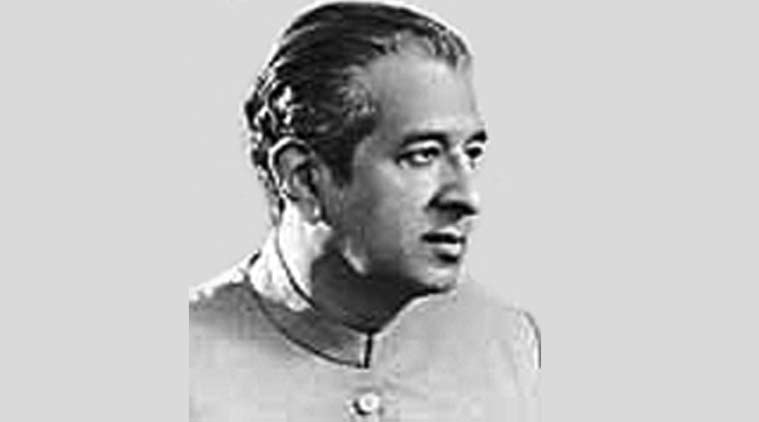
Manohar Lal Sondhi mlsondhi.org
K. Natwar Singh, was another very high-flyer who, after premature retirement at virtually the peak of his diplomatic career, was elected from Bharatpur and became minister of state for chemicals and fertilizer under Rajiv Gandhi before moving into the external affairs ministry as junior minister to P.V. Narasimha Rao. But Rao never forgave his attempts at stealing the limelight and so he suffered a period of eclipse until Sonia Gandhi shed her inhibitions and took over the leadership of the Congress party. Following her spectacular victory over Vajpayee in 2004, Natwar, who had been a confidante of the Nehru-Gandhi family since his college days, achieved his life’s ambition of becoming foreign minister. He was doing extraordinarily well when suddenly the oil-for-food controversy blew up in his face and ended a diplomatic and political career that had been the most high profile of any of his contemporaries. But, at over 90, he carries his years lightly and walks tall, his dignity still intact and his good humour fully restored.
There have been three Union home secretaries who have made the transition: T.N. Chaturvedi, who served in both Houses; R.D. Pradhan, who became a principal political adviser to Sonia Gandhi in the 1999 election but never aspired to be elected; and Raj Kumar Singh, twice elected on a BJP ticket to the Lok Sabha. All three entered politics after retiring from government in the normal course.
The most spectacular of those who joined one of the civil services in the eighties and then defected to politics has, of course, been Arvind Kejriwal of the Indian Revenue Service, thrice elected CM of Delhi NCR. Others of about the same period include the two stars of the present government, Hardeep Singh Puri and S. Jaishankar, both of whom completed their foreign service careers before drifting into, or being drafted into, the BJP. Neither has actually won an election but that has not stopped their dizzy rise to the top of the governing echelon.
The 21st century has seen Shah Faesal, now incarcerated under the dreaded Public Security Act for apparently having been the first Kashmiri to top the IAS merit list and then to have had the gall to cock his snook at the authorities and resign; as also Kannan Gopalan, a highly principled IAS officer of very recent vintage, who could not bring himself to continue serving a government that had broken the nation’s pledge to consult the people of Kashmir before reading down Articles 370 and 35A of the Constitution and then converting Kashmir into an open prison to enforce their will on the entire population of the Valley. I salute them.
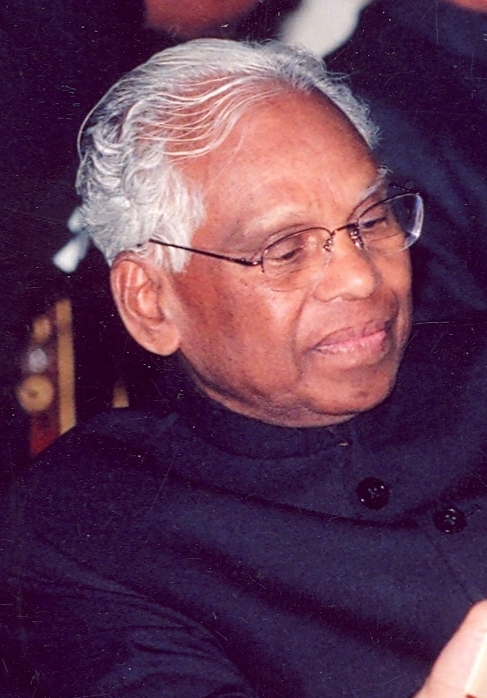
K.R. Narayanan Wikipedia
And so I come to myself. Ever since, at the age of ten-turning-eleven, I was mesmerized by the hoardings, the processions, the platforms, the loudspeakers of the first general elections in 1952, I became and remain obsessed with the roller coaster of a political life. I even organized a mock election in my prep school class. At school, college and Cambridge, I stood for every election I could, win or lose. Yet, where could a Tambrahm refugee from Pakistan find either a constituency or the resources – financial and linguistic – to embark on a life in politics? So, I gave myself over to a career in diplomacy. And it was there, particularly in Pakistan, that I discovered my affinity for politicians.
Sheer chance took me into Rajiv Gandhi’s PMO and there a real admiration for the man and his ideas showed me my moment had come – if I would seize it. When I broached the subject, Rajiv was horrified. Why did I want to forsake the assured security of a job in government for the uncertainties of politics? I remained adamant and so, after keeping me on tenterhooks for six weeks, Rajiv eventually gave way. But nothing would even then have been possible but for the unflinching solidarity of my wife, Suneet, and the assurance from my very much better-off brother, Swaminathan, that he would take care of the children’s education were anything to go drastically wrong.
I have had my share of successes and reverses, but I have never for one moment regretted the step I took. Of course, my following my ideological convictions has made the ride easy but I have often wondered how those who have been foaled in the same stable as me can join an outfit like the BJP and those others who switch party allegiances without turning a hair.
So, why do civil servants sacrifice the security of their jobs to jump into the turbulent tides of politics or, in other cases, substitute dull retirement with the excitement of a second career in politics? Ambition? Egomania? Are they publicity-crazy (and, like Hacker in Yes, Minister, “unable to believe in their existence unless they read about it in the newspapers”? Or is it just a special talent for sycophancy, a nose for the main chance? Or a desire to serve in an office where they think they can do something rather than merely carry out the orders of others? How far are they driven by ideological conviction? Or is it all just vain self-promotion?
My own answer would be: a combination of all these with perhaps the proportions being different in each case.
The author would like to add: I forgot MS Gill, who succeeded me as sports minister and, unforgivably, Ajit Joshi, the first CM of Chhattisgarh. Their contribution to politics and the services has indeed enriched both.
My batch proved to be the most politics-oriented batch there has ever been. We produced an early finance minister of Meghalaya and K. R. Punia, who resigned from the IAS to join Devi Lal as a minister in Haryana before moving out of public life. His brother is a Congress general secretary. Krishna Kumar is another IAS officer who became a favourite of Karunakaran’s after winning his international spurs as the most effective promoter of voluntary family planning when he was DM, Ernakulam, and being invited to share his experience at the World Population Conference convened by the UN in Bucharest in 1970. He was elected MP from Quilon (Kollam) in 1984 and then became a junior minister in a series of ministries over the next decade from 1985 to 1996 (and my samandhi in 2006). The nineties saw the brief emergence and disappearance of Bhagey Gobardhan, V.P. Singh’s minister of culture, who changed so many parties so rapidly that his first name – “bhagey, bhagey”– became a description of his political trajectory!
Two other civil servants, one from the IAS and the other from the IFS, who have plunged into politics deserve mention. One, N.K. Singh, who was always more politician than bureaucrat, although remarkably well-versed in both. His mother and sister and brother-in-law have been Congress MPs but NK first went into the JD (U) before finding his kennel in the BJP; and, second, Pavan Varma, IFS, who had a splendid spell in the foreign service, which included heading the Nehru Centre in London and ended as a most distinguished ambassador to Bhutan, but when he found the service would not render him his due he resigned and joined Nitish Kumar in Bihar. His has been a truly impressive rise in public life but the JD (U) was never really his cup of tea. He has resigned from the JD (U) and I hope the Congress snaps him up.
Of a different order altogether were K.R. Narayanan, a founding member of the IFS, who, after completing a highly distinguished career in diplomacy, was never defeated in his Kerala constituency of Ottapalyam and became, first, minister of science and technology under Rajiv Gandhi and then, successively, Vice President and President of India. And who can mention the vice-presidency, which also carries the responsibility of chairing the Rajya Sabha, without flagging M. Hamid Ansari, who served as ambassador in the UAE and Saudi Arabia before being transferred as permanent representative at the UN from where he retired and became vice-chancellor of Aligarh Muslim University and then chairman of the National Minorities Commission. His performance there so impressed the political class that he was elected for two terms to the vice presidency, a feat achieved only once earlier by Dr. S. Radhakrishnan. Also in this category, I would include Yashwant Sinha who was a high-flyer in the IAS but resigned in mid-flight to join the socialist Chandra Shekhar; then, in a startling about-turn, the BJP, where he rose to be finance and foreign minister, but is now in limbo, yet distinguishing himself as a singularly determined independent opponent of Narendra Modi.

